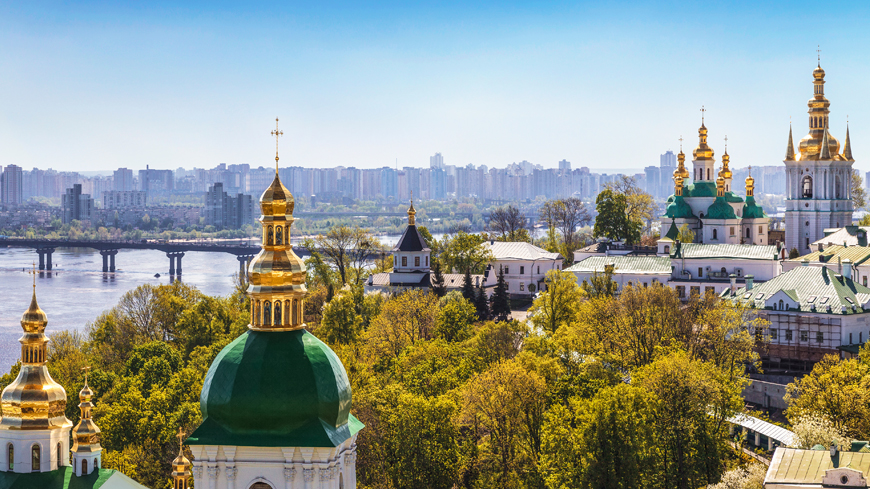The Council of Europe has stated that Russia’s destruction of Ukrainian cultural heritage aligns with acts of genocide.
In a statement issued on Wednesday 15th October 2024, the Council of Europe "deplored" Russian assaults on cultural heritage sites in Ukraine, which have occurred since Moscow launched its full-scale invasion in February 2022. The declaration also called on the Russian Federation to provide reparations to Ukraine.
This new statement highlights the genocidal intent behind Vladimir Putin’s war by focusing on Russia’s destruction of Ukraine’s cultural heritage.
It asserts, ‘more than a thousand cultural sites had been damaged or destroyed since the beginning of the war’, as covered in another article from Creatives Unite last week (October 18, 2024). According to the Ukrainian Ministry of Culture, over 480,000 pieces of art have been stolen or destroyed.
The statement stipulates ‘targeting and looting of cultural sites appeared to reflect a systematic policy aimed at erasing Ukraine’s historical and cultural identity, consistent with a genocidal intent.’
The Council asserts that reparations are necessary to compensate for the damage done to Ukraine’s historical, cultural, and religious sites.
As a result of this declaration, the Council will prioritise the protection and restoration of Ukrainian cultural heritage putting “Ukrainian cultural heritage and its recovery high on the political agenda, including at the 2025 Ukraine Recovery Conference to be held in Rome.”
The Geneva Convention on Genocide doesn’t incorporate the destruction of heritage sites. Nevertheless ‘Deliberately destroying and pillaging archaeological sites and trafficking art objects in war zones’ has been considered as ‘cultural genocide’ in various warzone and politically unstable contexts by EU institutions.
Additionally, the destruction of cultural heritage and practices are recognised as crimes that should be contextualised and judged accordingly, according to the ICC.
As Ukraine’s war continues, experts take steps to innovate the preservation and documentation of cultural artifacts under threat. The Council of Europe reflects the expansion for the support of Ukraine when its cultural and civic life remains under threat from Russian aggression.
Photo Credit: Council of Europe








